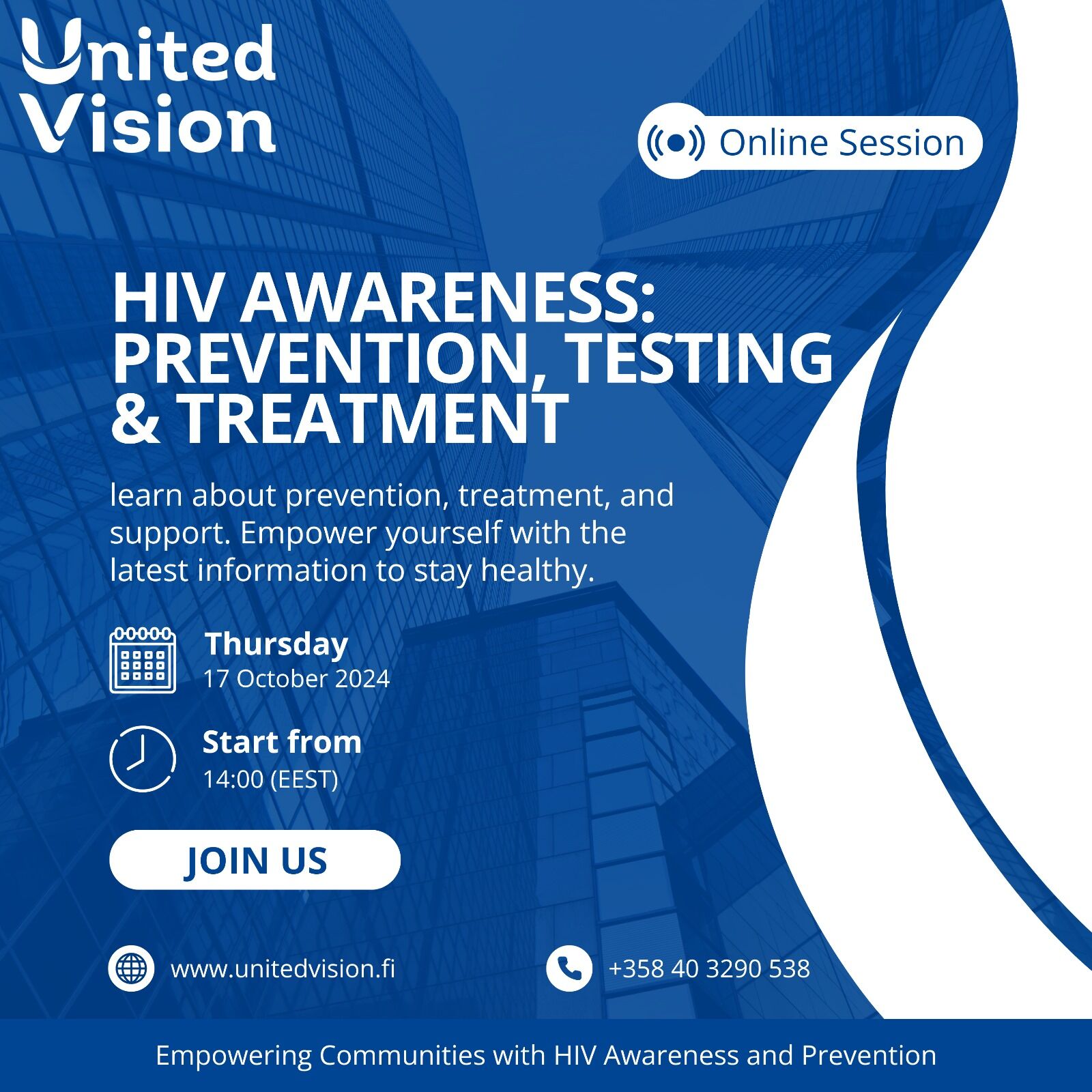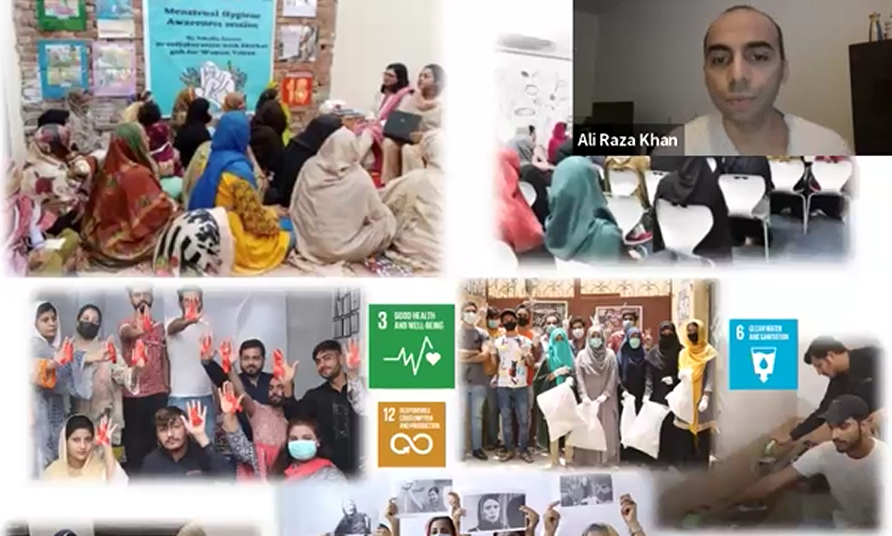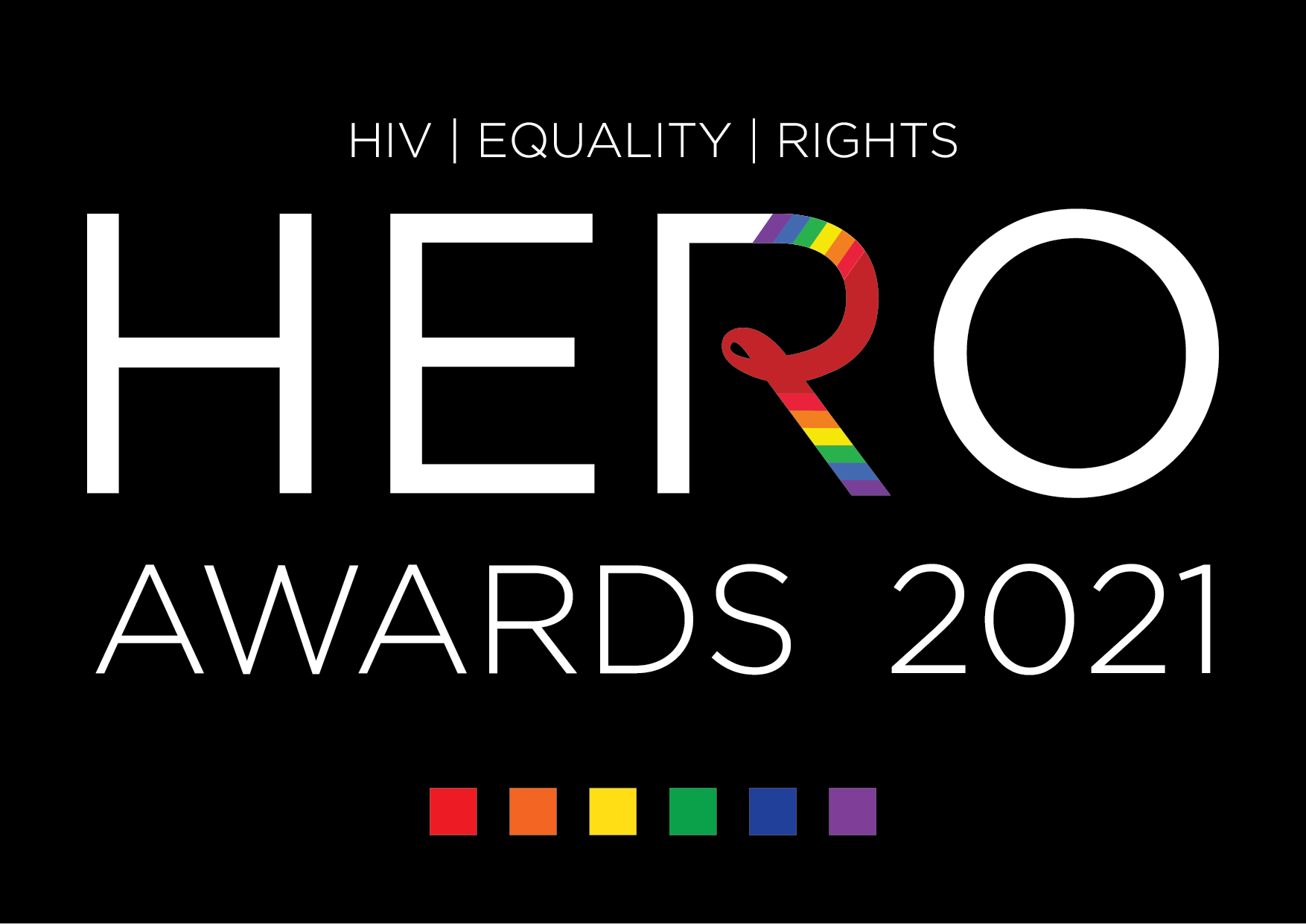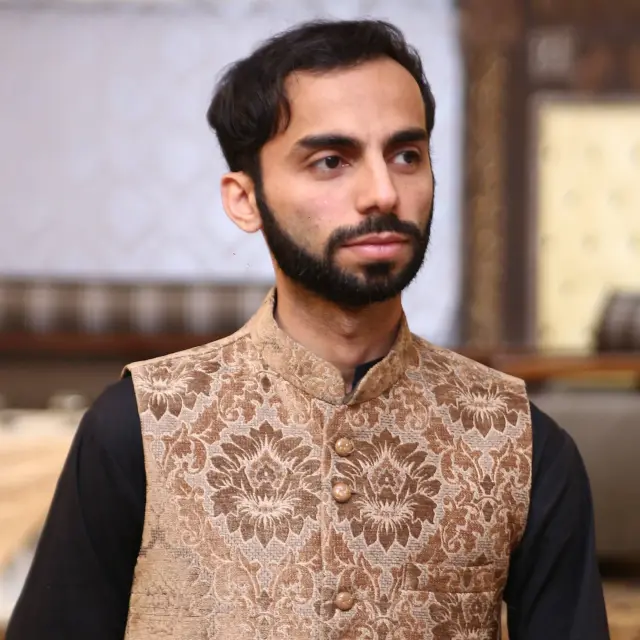Category: LGBTQIA+ : Proud Queer Muslim
-

Ali Raza Khan Advocates for Key Populations at the Communities Delagation to the Global Fund Board’s Lusaka Agenda Discussion
The Communities Delegation to the Board of the Global Fund recently convened to discuss the Lusaka Agenda, a pivotal initiative aimed at enhancing the involvement and engagement of key populations in the fight against HIV, TB, and malaria. Among the passionate voices at this discussion was Ali Raza Khan, an HIV-positive activist from Pakistan. Ali’s…
-
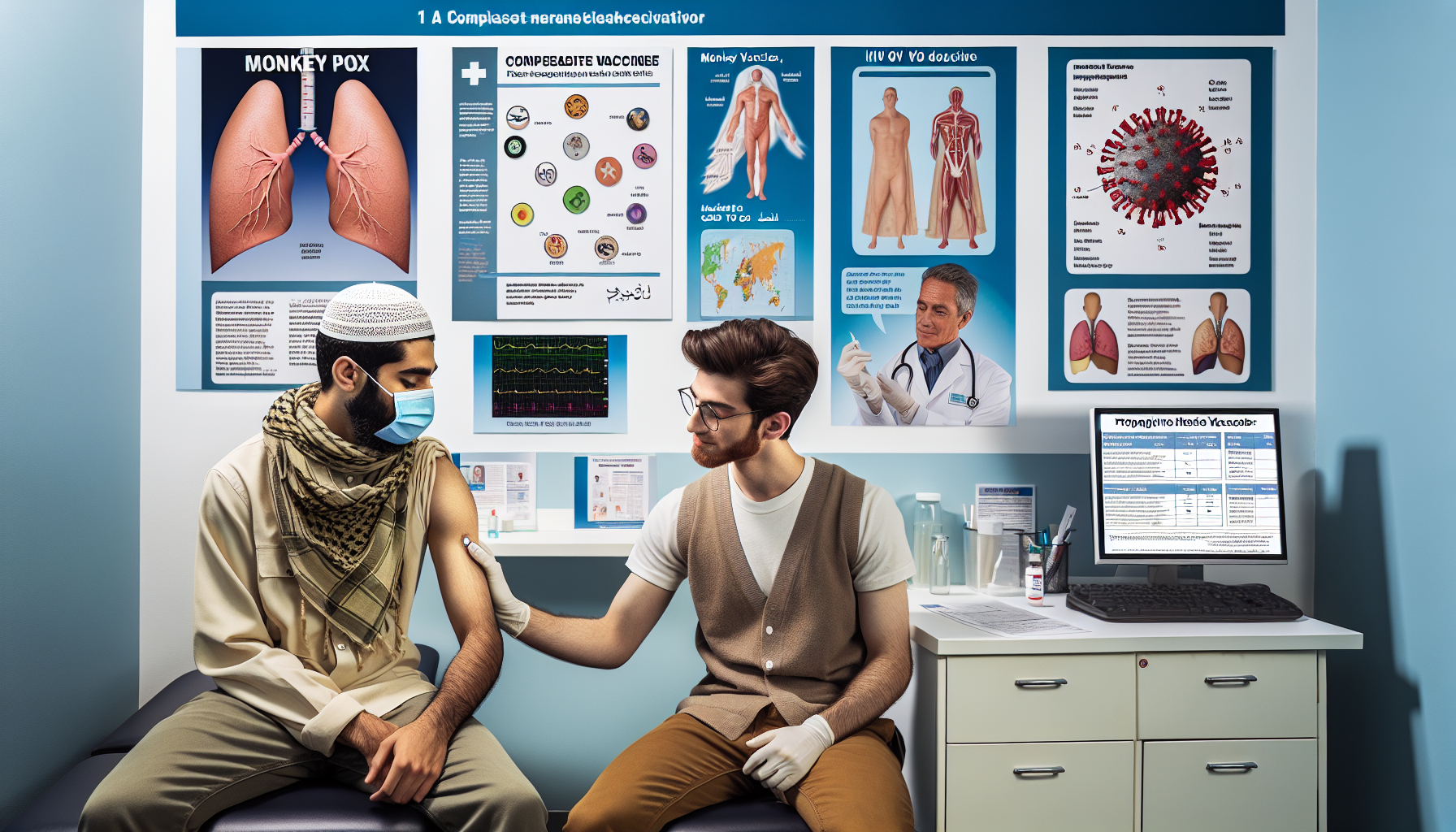
Monkeypox Vaccination for People Living with HIV: Ali Raza Khan Personal Experience and Guidelines for Community
Monkeypox, a viral illness similar to smallpox, has been declared a global health emergency by the World Health Organization (WHO). For people living with HIV, understanding the risks and benefits of monkeypox vaccination is crucial. As an HIV-positive gay activist from Pakistan, Ali Raza Khan wants to share personal experience and insights on the importance…
-
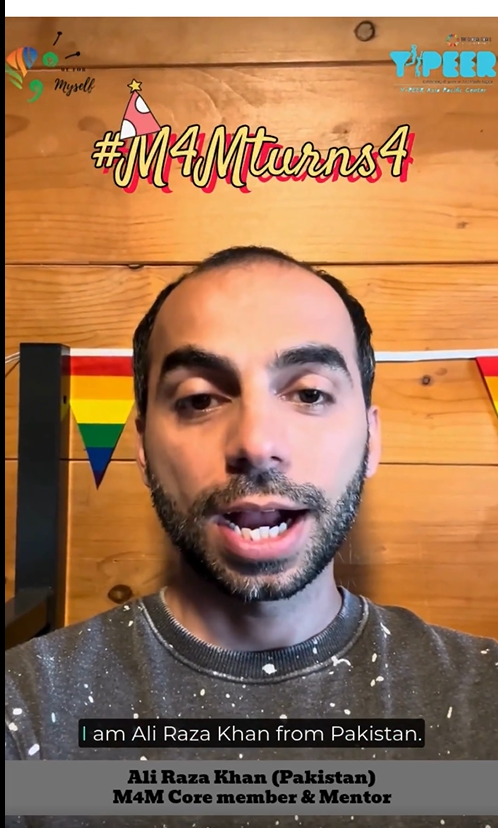
Ali Raza Khan & 4 Years of Me for Myself Campaign : Mental health is a stigmatized topic, and LGBTIQA+ people face even greater challenges when addressing mental health issues.
4 Years of Me for Myself Campaign & Ali Raza Khan core member M4M : Mental health is a stigmatized topic, and LGBTIQA+ people and marginalized communities face even greater challenges when addressing mental health issues. Certainly! Mental health awareness is crucial for everyone, but it holds particular significance within the queer community. Let’s explore…
-
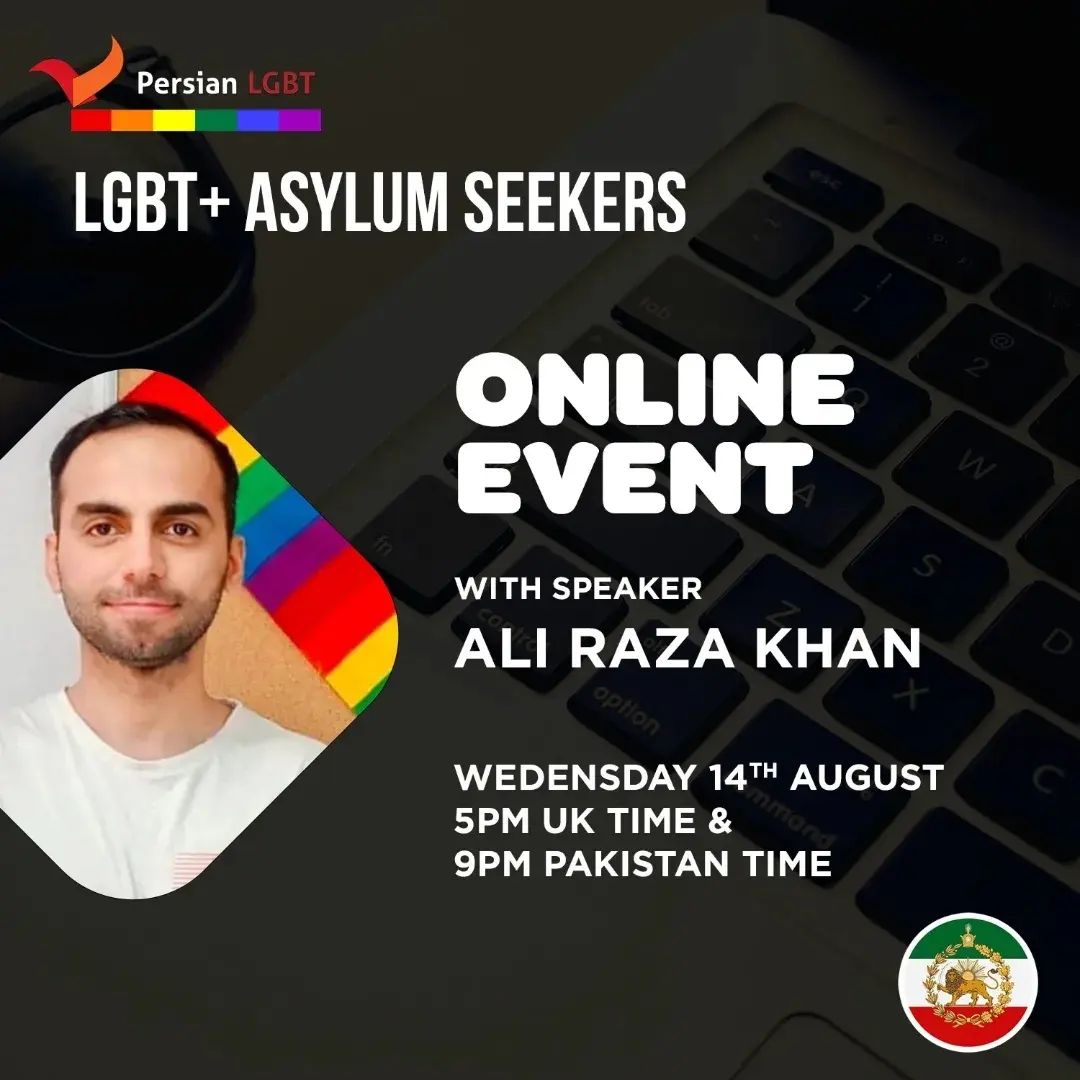
Ensuring Safety and Security for LGBTQI+ Community Members in Pakistan : Speaker Ali Raza Khan
The Importance of Freedom and Rights for LGBTQI+ People in Pakistan The LGBTQI+ community in Pakistan has long been marginalized, facing legal and social discrimination. Despite these challenges, there have been significant efforts to advocate for their rights and inclusion. However, the broader LGBTQI+ community still faces legal hurdles. Same-sex relationships remain criminalized under Section…
-
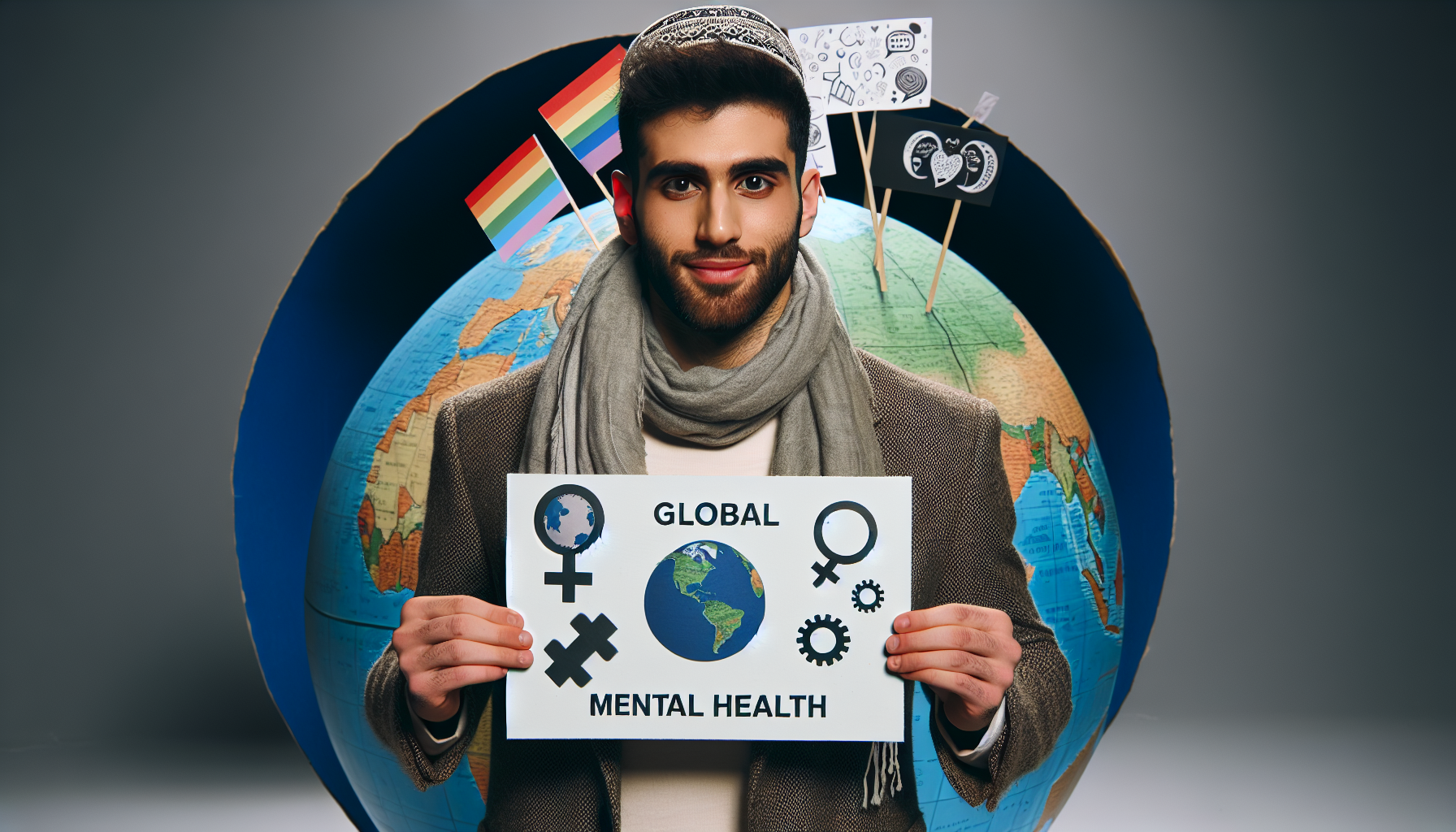
Mental Health and Global Health
The importance of mental health in global health, particularly during a pandemic, cannot be overstated. Mental health plays a critical role in overall well-being and is intricately connected to physical health, social functioning, and the ability to cope with challenges and adversity. Here are some key reasons why mental health should be prioritized in global…
-

My Journey as a Member of the UNAIDS Global Advisory Group
Hey there! 🌟 I wanted to share some exciting and important news with you all. In May 2023, I was invited to join the UNAIDS Global Advisory Group on Monitoring the 30-80-60 Targets. Since then, I’ve had the privilege of serving as a member of this incredible team. As an HIV-positive gay activist from Pakistan,…
-

Ali Raza Khan Joins UNAIDS Global Advisory Group on Monitoring the 30-80-60 Targets
Ali Raza Khan, an HIV-positive gay activist from Pakistan, has been invited to join the UNAIDS Global Advisory Group on Monitoring the 30-80-60 Targets. This esteemed group comprises global stakeholders dedicated to advancing the fight against HIV. Ali’s involvement marks a significant step towards ensuring the voices of young HIV-positive gay individuals and sex workers…
-
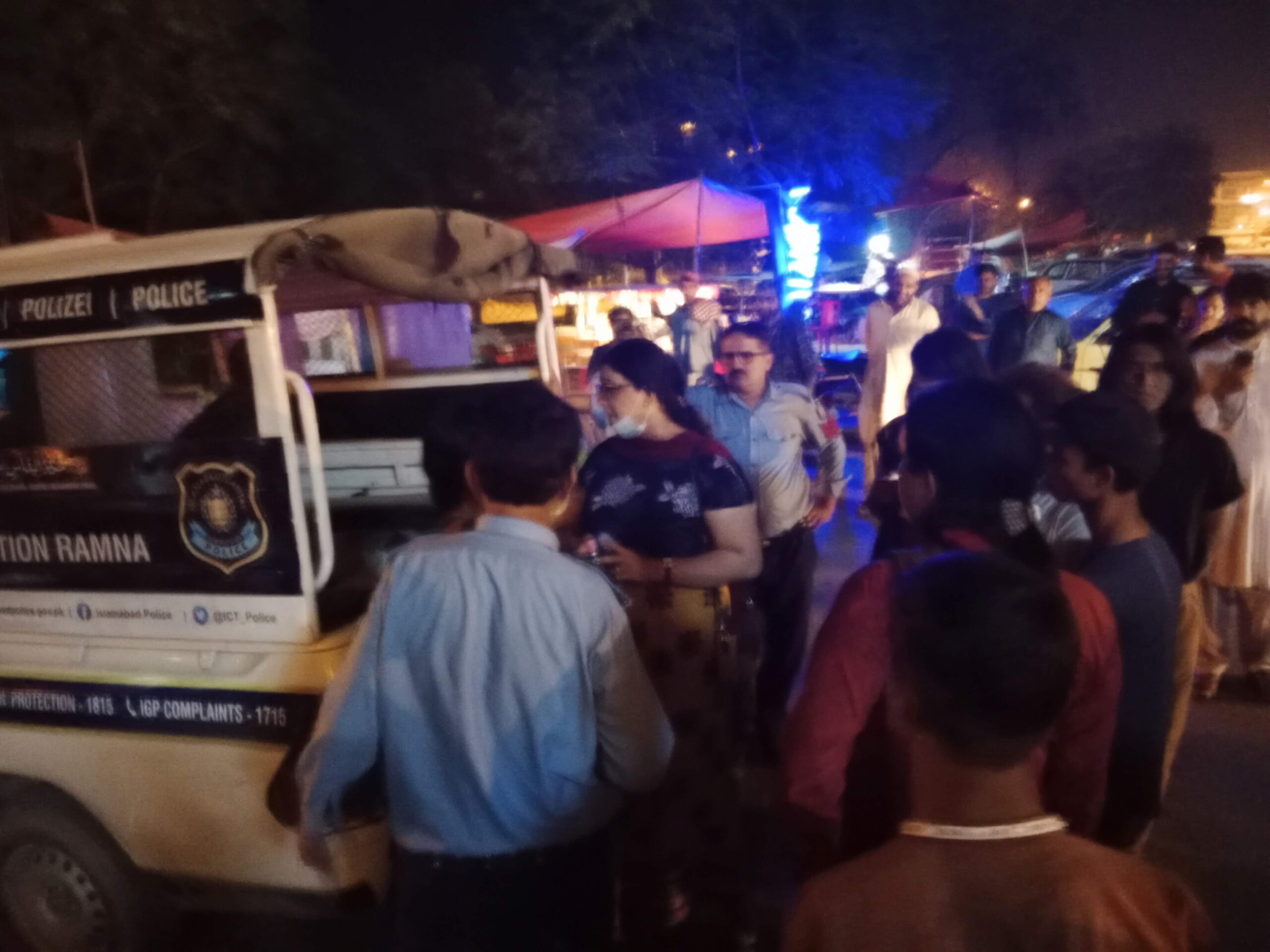
Living in Fear: The Struggles of LGBTQ+ Individuals in Pakistan
As an HIV-positive gay activist from Pakistan, my life has been a constant battle against societal norms and prejudices. My name is Ali Raza Khan, and I have faced numerous challenges simply for being who I am. Recently, I found myself in Islamabad, staying with my fellow colleague Nayab Ali, a transgender police officer and…
-
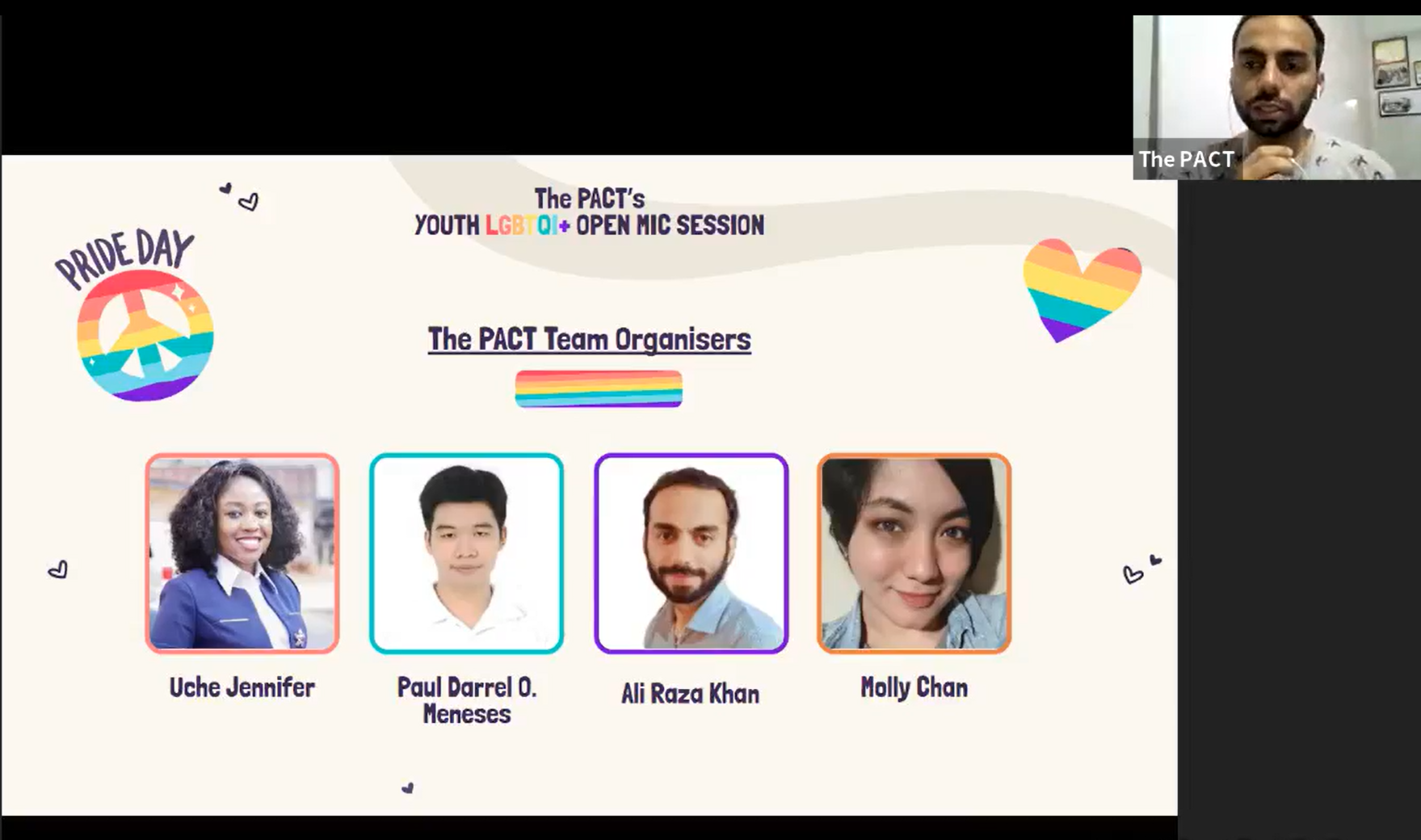
Pride in the Post-Pandemic World: A Youth LGBTQI+ Open Mic Session by The Youth PACT Organisation
On June 18th, 2022, TheYouthPACT.org hosted an impactful “Youth LGBTQI+ Open Mic Session” titled “Pride in the Post-Pandemic World.” As a volunteer coordinator for the advocacy working group at TheYouthPACT.org, I, Ali Raza Khan from Pakistan, had the privilege of co-hosting this session alongside Paul Darrel Omenesis from the Philippines. The session commenced with an…
-
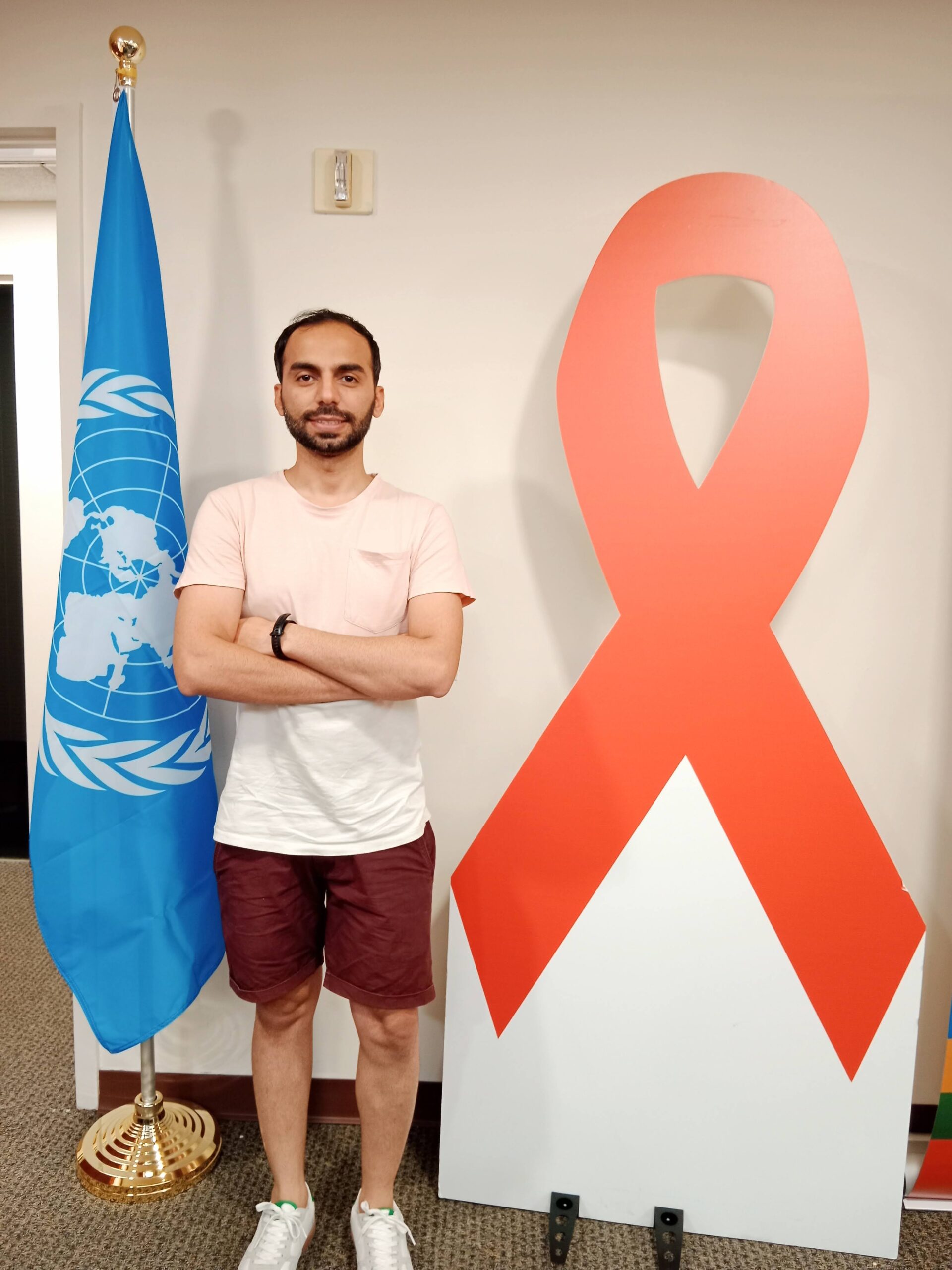
Eamonn Murphy’s Testimony for Ali Raza Khan
In a heartfelt testimony during a UN high-level meeting debrief for young people living with HIV and young key populations, Eamonn Murphy, UNAIDS Director for Regional Support Teams for Asia Pacific and Eastern Europe and Central Asia regions, extended his appreciation for Ali Raza Khan’s remarkable activism. Ali Raza Khan, a HIV positive gay activist,…

